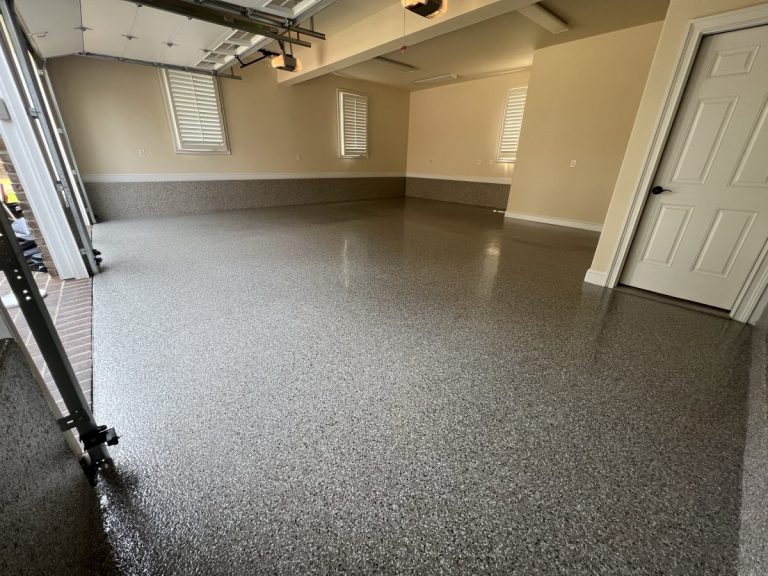The Importance of Industrial Flooring A Foundation for Efficiency and Safety
In the realm of industrial operations, every element plays a crucial role in ensuring efficiency, productivity, and safety. One often overlooked yet fundamentally important component is industrial flooring. The type of flooring used in industrial settings can significantly impact various aspects of operations, from worker safety to equipment performance. Let's delve into why industrial flooring is so essential and the key factors to consider when choosing the right type.
First and foremost, safety is paramount in any industrial environment. Industrial flooring must provide sufficient traction to prevent slips, trips, and falls, which are among the most common causes of workplace accidents. Whether it's spills, moisture, or grease, industrial floors must withstand various hazards while offering reliable grip to workers and vehicles alike. Additionally, certain industries may require specialized flooring to resist chemical corrosion or static electricity buildup, further emphasizing the importance of selecting the appropriate materials.
Beyond safety, industrial flooring also influences operational efficiency. Smooth, durable surfaces facilitate the movement of heavy machinery and equipment, reducing wear and tear and minimizing downtime for repairs. In warehouses and distribution centers, where forklifts and pallet jacks are in constant motion, the right flooring can streamline material handling processes and optimize workflow. Moreover, some industrial floors are designed to withstand high-impact loads, making them ideal for heavy manufacturing environments where heavy equipment is regularly utilized.
Durability is another critical factor to consider when choosing industrial flooring. Industrial facilities endure significant wear and tear, including heavy foot traffic, vehicle traffic, and exposure to chemicals and abrasives. Consequently, the flooring must be resilient enough to withstand these challenges without deteriorating prematurely. Investing in durable flooring materials can save businesses considerable time and money in the long run by reducing the frequency of repairs and replacements.
Furthermore, proper maintenance is essential for prolonging the lifespan and performance of industrial flooring. Regular cleaning and upkeep help prevent the accumulation of debris, chemicals, and other contaminants that can compromise the integrity of the surface. In some cases, applying coatings or sealants can enhance the flooring's resistance to stains, moisture, and chemical damage, extending its longevity and preserving its appearance.
Industrial flooring is a foundational element that significantly impacts the safety, efficiency, and longevity of operations in industrial settings. By prioritizing safety, durability, and maintenance, businesses can choose the right type of flooring to support their specific needs and ensure optimal performance. From warehouses to manufacturing plants, investing in quality industrial flooring is a strategic decision that yields long-term benefits for both employees and the bottom line.
For more info :-

Comments
Post a Comment